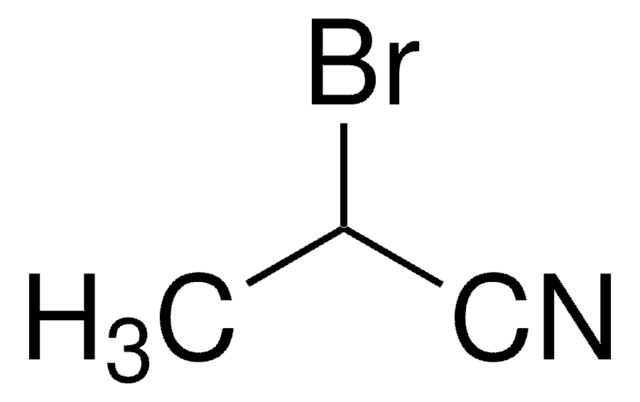482250
4,4′-Dinonyl-2,2′-dipyridyl
97%
Synonym(s):
dNbpy
About This Item
Recommended Products
Assay
97%
mp
61-63 °C (lit.)
SMILES string
CCCCCCCCCc1ccnc(c1)-c2cc(CCCCCCCCC)ccn2
InChI
1S/C28H44N2/c1-3-5-7-9-11-13-15-17-25-19-21-29-27(23-25)28-24-26(20-22-30-28)18-16-14-12-10-8-6-4-2/h19-24H,3-18H2,1-2H3
InChI key
VHJFWJXYEWHCGD-UHFFFAOYSA-N
Signal Word
Warning
Hazard Statements
Precautionary Statements
Hazard Classifications
Eye Irrit. 2 - Skin Irrit. 2 - STOT SE 3
Target Organs
Respiratory system
Storage Class Code
11 - Combustible Solids
WGK
WGK 3
Flash Point(F)
Not applicable
Flash Point(C)
Not applicable
Personal Protective Equipment
Certificates of Analysis (COA)
Search for Certificates of Analysis (COA) by entering the products Lot/Batch Number. Lot and Batch Numbers can be found on a product’s label following the words ‘Lot’ or ‘Batch’.
Already Own This Product?
Find documentation for the products that you have recently purchased in the Document Library.
Customers Also Viewed
Articles
ATRP is a successful method for precise polymer synthesis with controlled molecular weights and high chain end functionalities.
ATRP is a successful method for precise polymer synthesis with controlled molecular weights and high chain end functionalities.
ATRP is a successful method for precise polymer synthesis with controlled molecular weights and high chain end functionalities.
ATRP is a successful method for precise polymer synthesis with controlled molecular weights and high chain end functionalities.
Protocols
We presents an article featuring procedures that describe polymerization of methyl methacrylate and vinyl acetate homopolymers and a block copolymer as performed by researchers at CSIRO.
We present an article about RAFT, or Reversible Addition/Fragmentation Chain Transfer, which is a form of living radical polymerization.
Our team of scientists has experience in all areas of research including Life Science, Material Science, Chemical Synthesis, Chromatography, Analytical and many others.
Contact Technical Service![Tris[2-(dimethylamino)ethyl]amine 97%](/deepweb/assets/sigmaaldrich/product/structures/695/792/ee0ff167-22a3-43a7-83a1-6c4908adf0ae/640/ee0ff167-22a3-43a7-83a1-6c4908adf0ae.png)













